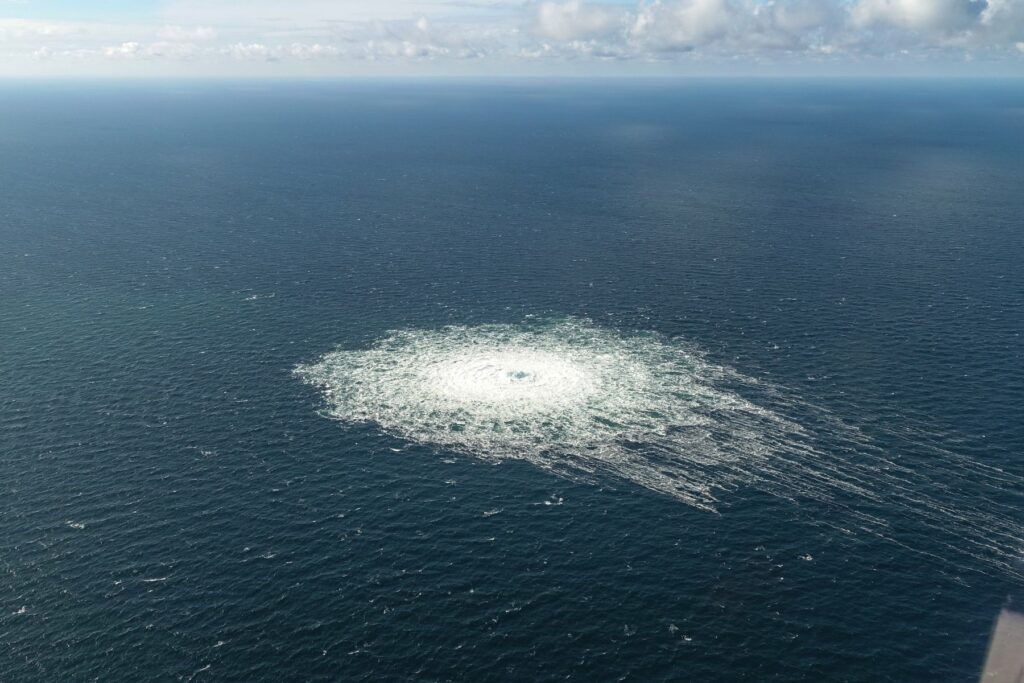The UN Security Council (UNSC) has turned down a Kremlin-backed request for an independent inquiry into the sabotage of the Nord Stream underwater gas pipelines between Russia and Germany, Belga News Agency reports.
The proposal, which was co-drafted by China as well as several other non-UNSC members including Belarus, North Korea, Eritrea, Nicaragua, Venezuela and Syria, called for the creation of a commission to "conduct a full, transparent and impartial international investigation into all aspects of the sabotage of the Nord Stream 1 and 2 pipelines, including the identification of the perpetrators, the sponsors, the organisers and the accomplices".
Among the 15 UNSC members, China and Brazil supported Moscow's request. The other 12 UNSC members abstained. In order for a resolution to pass, at least nine out of the 15 UNSC members must vote in favour, with none of the UNSC permanent members (i.e. the US, the UK, France, China, and Russia) exercising their veto.
Western Security Council members denounced Russia's proposal as an attempt to divert attention away from the war in Ukraine.
Related News
- EU dismisses report that US blew up Nord Stream pipeline as 'speculation'
- EU and NATO announce 'joint taskforce' to protect critical infrastructure
Russia has repeatedly claimed that NATO countries, and particularly the US, were responsible for the sabotage. The US initially blamed Russia, but recent reporting by The New York Times has since suggested that a "pro-Ukrainian" group may instead have been responsible.
Last month, veteran US reporter Seymour Hersh published an article on his own Substack blog in which he alleged that US Navy divers planted C4 explosives on the pipelines during routine NATO exercises held in June last year, before remotely activating the bombs three months later, on 26 September.
Hersh's reporting has, however, been widely criticised for its heavy reliance on a single unnamed source.

